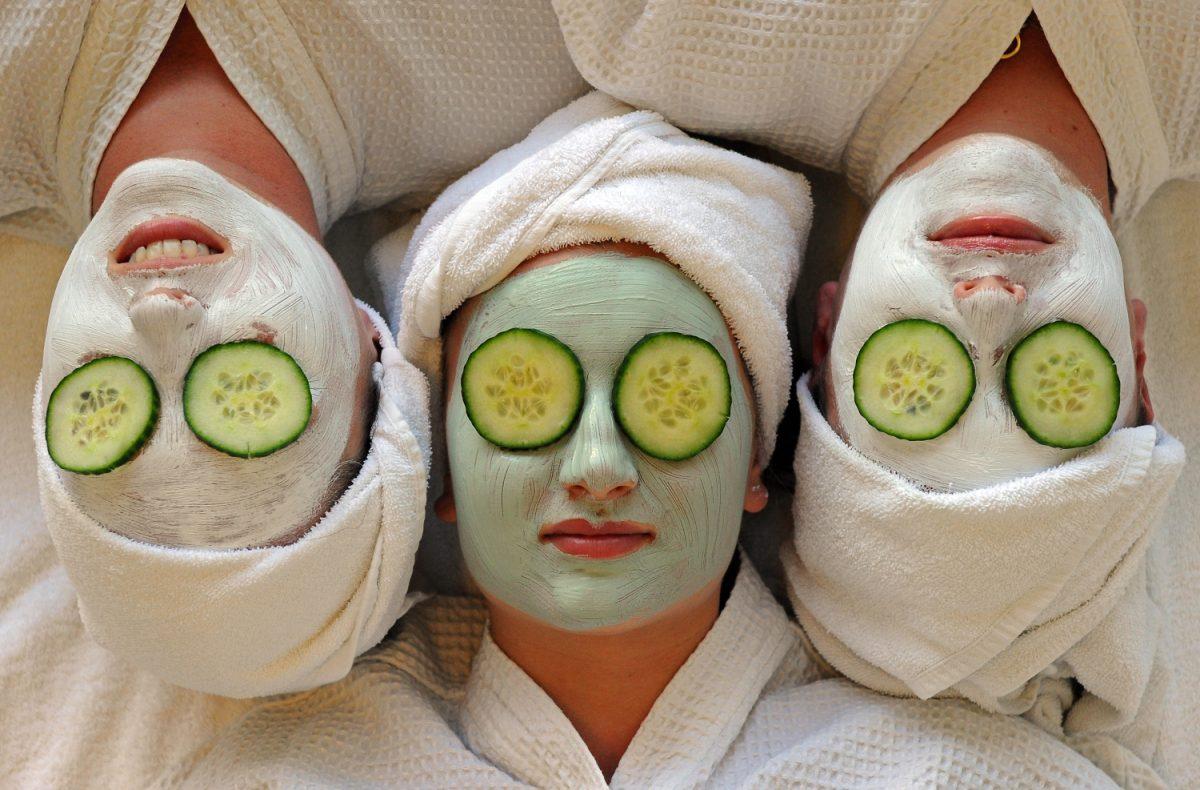Flipping through an upscale magazine such as Vogue, one may come across lavish beauty advertisements that advocate readers to “treat yourself” and indulge in “self care.” We often see a white woman lounging in luxury, her relaxation a testament to her required indulgence: a necessary break from whatever normal deluge. We also come across the term “self care” in an entirely different context. Mental health advocacy groups use the term to let those with mental illness know that they ought to be their first priority, checking in with themselves to make sure that they are comfortable with current situations. If not, one needs to put themself first and possibly remove themself from a potentially disturbing situation. The term originates in LGBT communities and communities of color, making sure that individuals took care of themselves in the face of adversity and marginalization—a defiant political act. Recently, as a society we’ve taken to a commercialization of self care, without exploring the term’s history or shifting definitions. Without understanding what self care truly is we obscure its meaning, leading to brands using it for commercial marketing and usurping self care from those who need it most. If self care is continuously associated with expensive lifestyle products, those who cannot afford such a lifestyle will feel excluded from partaking in practices that they need.
Everyone needs relaxation in whatever form it takes for them. Everyone has their limits which should be respected and protected. In an age of mass media and social media we are constantly bombarded with loads of information and we aren’t told to stop consuming information or to take a break. The problem is when marketing conflates self care and relaxation, thus confining self care to one solid definition when people from different communities require different definitions. Although commercial marketers are mainly to blame for this conflation of self care and luxury products, we are also to blame because we are ashamed of relaxation and seek to find a euphemism for it. Relaxation is often shunned by our society; we are expected to be available on a 24-hour basis, constantly working or consuming. When workers take personal time off from work, they are often shamed or fired, leading many to maintain an impossible work schedule. Relaxation isn’t laziness and shouldn’t be treated as such. Relaxation is an important part of well-being that all should partake in. Self care is not relaxation, it is a more in-depth practice relating to mental health, instead of overall well-being. Communities and individuals face specific traumas that take excessive tolls on mental health.
We as a society need to begin to unpack the definition of self care as it exists in our current terminology. First, we need to recognize the importance of relaxation in our personal daily lives and the lives of others. For some, that may come in the form of luxury, and for others it may come in the form of simpler things that we might not traditionally associate with relaxation. We need to claim relaxation, not seek to take another term with a different meaning. Additionally, we need to respect self care and the communities that it belongs to. Giving self care, or relaxation, a certain brand excludes the vast majority of people. Marketing luxury as an all consuming umbrella is hurtful to those who have specific needs which should be respected.




